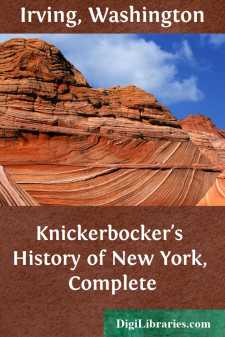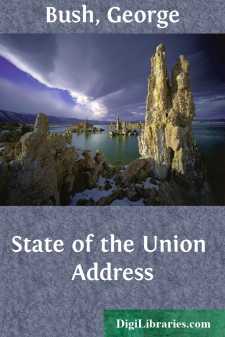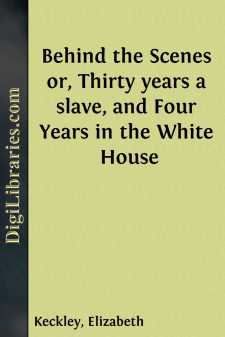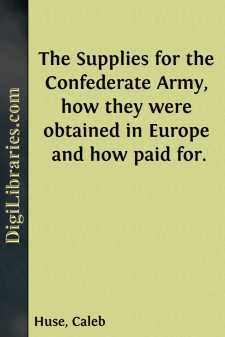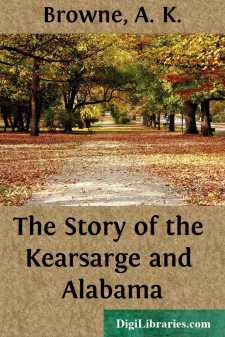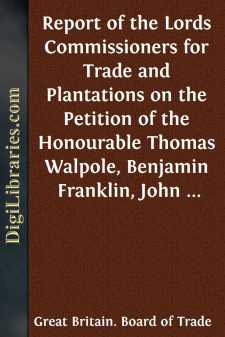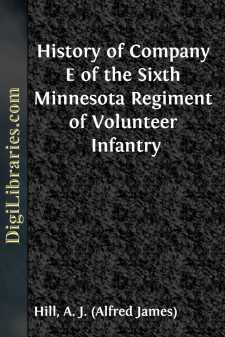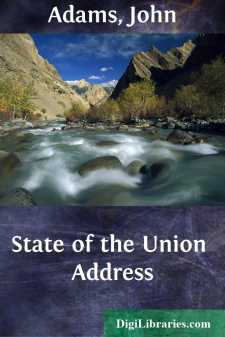History
- Africa 30
- Americas (North Central South West Indies) 50
- Ancient 68
- Asia 58
- Australia & New Zealand 8
- Canada 41
- Caribbean & West Indies 1
- Civilization 20
- Eastern Europe 12
- Europe 310
- Expeditions & Discoveries 60
- General 77
- Historical Geography 1
- Jewish 9
- Latin America 3
- Medieval 8
- Middle East 13
- Military 248
- Revolutionary 8
- Study & Teaching 5
- United States
- Western Europe 56
- World 13
United States Books
Sort by:
INTRODUCTION. KNICKERBOCKER'S HISTORY OF NEW YORK is the book, published in December, 1809, with which Washington living, at the age of twenty-six, first won wide credit and influence. Walter Scott wrote to an American friend, who sent him the second edition—— "I beg you to accept my best thanks for the uncommon degree of entertainment which I have received from the most excellently jocose...
more...
by:
George Bush
Tonight, I come not to speak about the "State of the Government", not to detail every new initiative we plan for the coming year, nor describe every line in the budget. I'm here to speak to you and to the American people about the State of the Union about our world, the changes we've seen, the challenges we face. And what that means for America. There are singular moments in history,...
more...
PREFACE I have often been asked to write my life, as those who know me know that it has been an eventful one. At last I have acceded to the importunities of my friends, and have hastily sketched some of the striking incidents that go to make up my history. My life, so full of romance, may sound like a dream to the matter-of-fact reader, nevertheless everything I have written is strictly true; much has...
more...
by:
Caleb Huse
REMINISCENCES my return in May, 1860, from a six months' leave of absence spent in Europe, I found an appointment as professor of chemistry and commandant of cadets in the University of Alabama awaiting my acceptance. During my absence the President of the University and a committee of the Board of Trustees visited West Point and the Virginia Military Institute and, pleased with the discipline of...
more...
by:
A. K. Browne
THE STORY. On Sunday, June 12th, 1864, the U. S. Steamer Kearsarge was lying at anchor in the Scheldt, off Flushing, Holland. Suddenly appeared the cornet at the fore—an unexpected signal, that compelled absent officers and men to repair on board. Steam was raised, and immediately after a departure made, when all hands being called, the nature of the precipitate movement became apparent. Captain...
more...
My Lords, Pursuant to your lordships order of the 25th May 1770, we have taken into our consideration the humble memorial of the honourable Thomas Walpole, Benjamin Franklin, John Sargent, and Samuel Wharton, Esquires, in behalf of themselves and their associates, setting forth (among other things) "That they presented a petition to his Majesty, in council, for a grant of lands in America (parcel...
more...
THE TRAIL The trail is narrow—often but the width of the pony's feet, a tiny path that leads on and on. It is always ahead, sometimes bold and wide, as when it leads the way through the forest; often narrow, as when it hugs the sides of the precipice; sometimes even hiding for a time in river bottom or swamp, or covered by the débris of last winter's avalanche. Sometimes it picks its...
more...
by:
A. Woodward
INTRODUCTION. SECTION I. Since the following chapters were prepared for the press, my attention was directed by a friend, to a letter published in a Northern paper, which detailed some shocking things, that the writer had seen and heard in the South; and also some severe strictures on the institution of domestic slavery in the Southern States, &c. I have in the following work, related an anecdote...
more...
ORIGIN AND ORGANIZATION—1862. In the spring of 1862 a sixth regiment of infantry had been called for from Minnesota by the Governor of the State, but, from various causes, the enlistments proceeded very languidly till the disasters of the Virginian armies in the summer and the consequent proclamations of the President of the United States for volunteers gave an immense impulse to recruiting. Under...
more...
by:
John Adams
Gentlemen of the Senate and Gentlemen of the House of Representatives: I was for some time apprehensive that it would be necessary, on account of the contagious sickness which afflicted the city of Philadelphia, to convene the National Legislature at some other place. This measure it was desirable to avoid, because it would occasion much public inconvenience and a considerable public expense and add to...
more...


